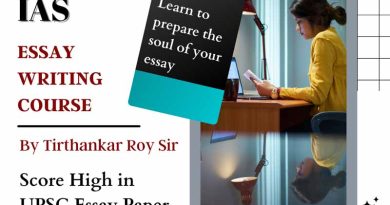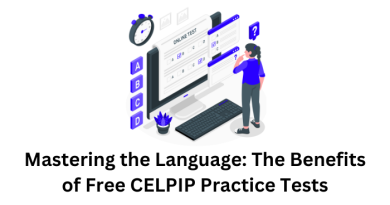Promoting Early Literacy in Kindergarten: Effective Techniques and Resources
For a child’s academic growth, kindergarten literacy promotion is essential. The promotion of phonemic awareness, the use of balanced literacy strategies, the development of print-rich environments, the use of technology as a learning tool, the involvement of parents as partners, the provision of diverse literature, and the provision of professional development for educators are all examples of effective methods and resources. Children learn the foundational elements of reading and writing in kindergarten. It is a strong base that they develop during the early years of their education. Saudi Arabia’s capital, Riyadh, has a thriving educational system with an increasing emphasis on encouraging early reading in its kindergarten programs.
In this post, we will explore practical methods and resources used in schools in Olaya Riyadh to encourage early reading and enhance children’s educational journey.
1. Placing a Focus on Phonemic Awareness
The capacity to recognise and control particular sounds in spoken words is known as phonemic awareness. The kindergarten schools in Riyadh use a variety of strategies to promote phonemic awareness, including word-blending games, excellent discrimination exercises, and rhyming activities. Teachers in Riyadh use fun and interactive tools such as phonics songs, alphabet puzzles, and letter identification games to create an engaging learning experience for students. These methods help foster strong reading and writing skills by placing a strong emphasis on phonemic awareness.
2. Using balanced literacy strategies
Diverse teaching strategies are included in balanced literacy techniques to foster the development of balanced readers and writers. The kindergarten programs at Riyadh’s schools include components of guided reading, whole language instruction, and phonics instruction to offer a complete literacy curriculum. Shared reading activities are used by teachers to encourage vocabulary growth, lecturing sessions to model reading skills, and assisted reading groups in meeting the requirements of each student’s unique learning style. This well-rounded method develops kids’ literacy abilities while encouraging a passion for books.
3. Making Environments That Are Print-Rich
Riyadh’s kindergarten classrooms are created to immerse kids in a world full of print. Letter charts, phrase walls, and visual word displays cover the walls of classrooms. To honour the linguistic variety of its students, Riyadh’s schools provide literature in several languages. Teachers encourage students to link spoken and written phrases by placing labels and descriptions on various classroom items. So many printed materials foster the evolution of vocabulary, linguistic skills, and general literacy.
4. Using technology as a tool for learning
The schools in Riyadh know how technology might help advance early literacy. Interactive whiteboards, iPads, and educational applications are included in lesson plans to improve reading and writing abilities. Children may practise spelling, sight words, and understanding via educational programs and digital tools, which offer fun opportunities. In addition to using in-class resources, educators in Riyadh also use internet platforms and virtual libraries, giving kids access to various books and educational resources.
5. Making Parents Partner with You
To encourage the development of early literacy, parents are essential. The kindergarten programs in Riyadh actively include parents by maintaining open lines of contact and hosting workshops and literacy-related events. Schools set up reading groups, meetings between parents and educators, and home reading programs to motivate parents to participate in their children’s literacy development. Strong home-school ties are fostered through parental participation, which also emphasises the value of reading and offers additional assistance for kids’ literacy development.
6. Having access to a variety of books
Schools in Riyadh know the need to expose students to a wide range of literary works that reflect other cultures, experiences, and viewpoints. Many different storybooks, picture books, and instructional texts are available in many languages in kindergarten classes. Schools in Riyadh deliberately look for novels that highlight various characters and encourage inclusion, allowing kids to grow in empathy, cultural sensitivity, and an awareness of the global community around them.
7. Educators’ professional development
The continual professional development of teachers is a top priority in Riyadh’s schools to guarantee successful early literacy training. To improve their educational abilities, teachers take part in seminars, conferences, and chances for collaborative learning. Programs for professional development concentrate on subjects including phonics education, reading comprehension skills, and evaluation methods. The educators in Riyadh maintain up-to-date on the most recent early literacy research and best practices, allowing them to give their pupils the highest calibre training.
Conclusion
The kindergarten programs in Riyadh are committed to fostering early literacy by using practical strategies and various tools. These schools lay the foundation for children’s lifelong love of reading and writing by emphasising phonemic awareness, using balanced literacy approaches, developing print-rich environments, utilising technological advances, involving parents as partners, providing a variety of literature, and investing in educator professional development. Through their dedication to early reading and writing, Riyadh’s schools give young students the strength and fundamental skills they need to succeed in school and life.




